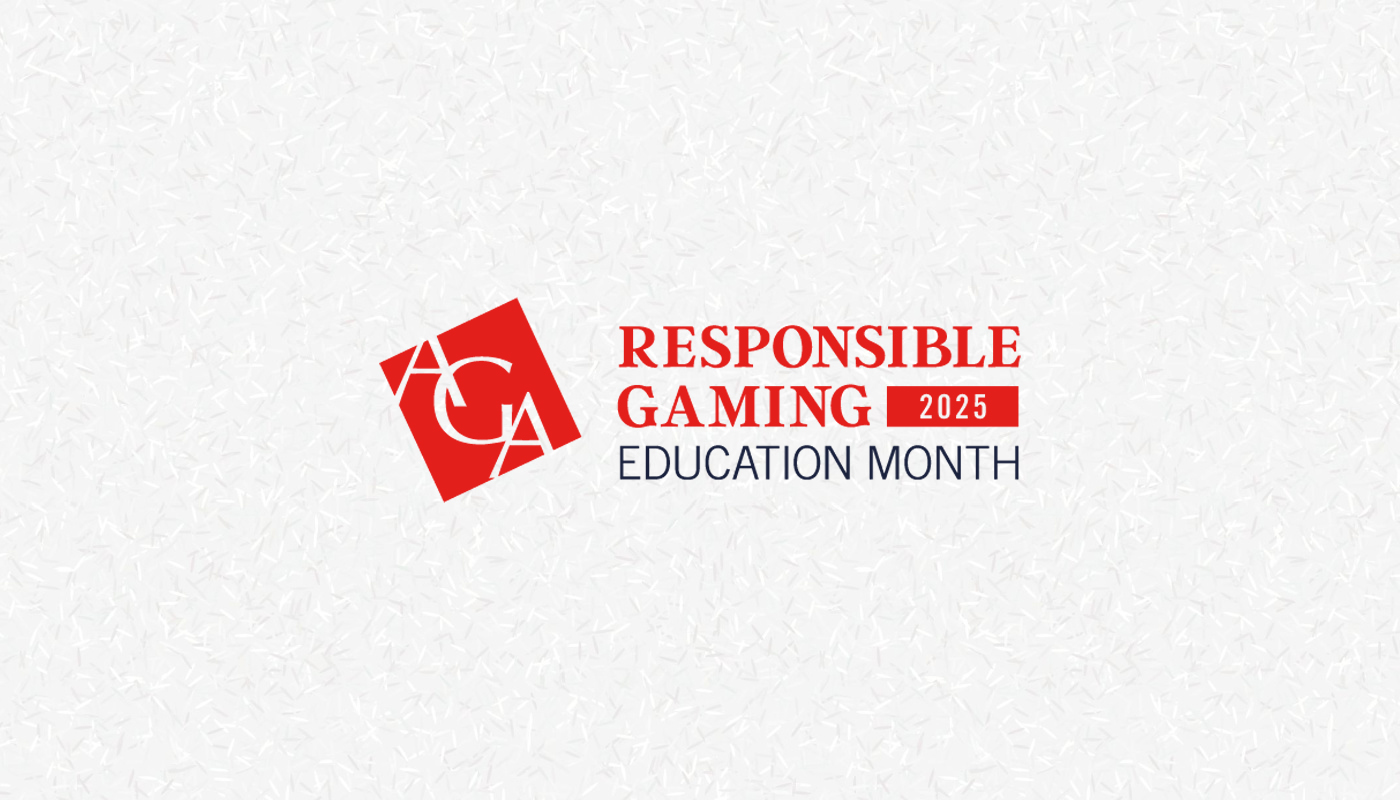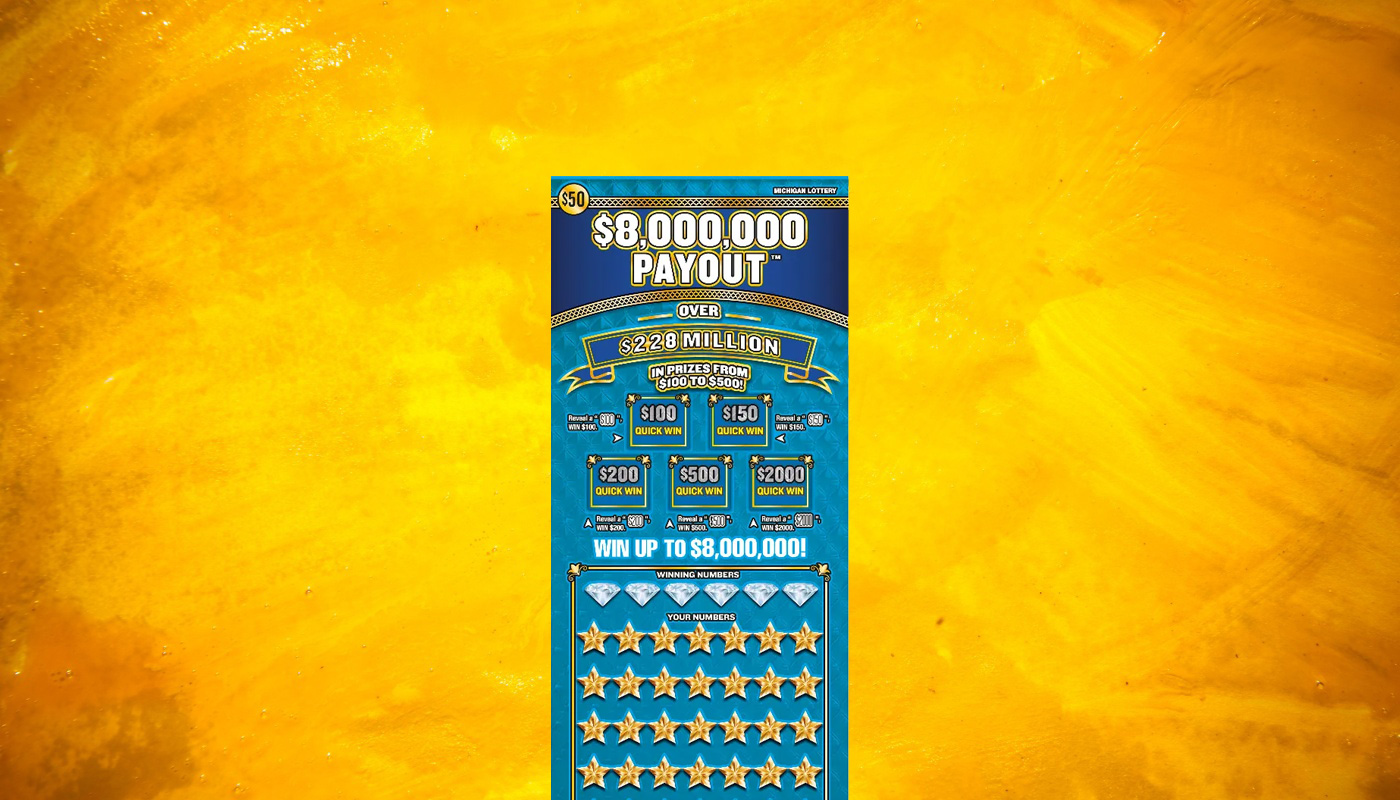
News writer, Interviewer
September marks Responsible Gaming Education Month. State lotteries across America are stepping up their efforts to promote safe gambling practices. But what does this mean for players? And how can you protect yourself while enjoying lottery games?
Maryland leads with targeted messaging
The Maryland Lottery has launched something different this year. Four "Mindful Gambling" videos target specific groups: youth, seniors, military personnel, and rural communities. Why these groups? They face higher risks of gambling-related harm.
The videos appear on the Maryland Lottery's Responsible Play page. Maryland worked with the State Ad Agency and the Maryland Center of Excellence on Problem Gambling to create them. Peer recovery specialists share real insights about how problem gambling affects vulnerable populations. Jasmine Countess, Maryland's Responsible Gambling Program Director, stated:
We wanted to create messages that raised awareness about some of the groups who are most at risk of gambling-related harm.
Maryland's website also teaches players the basics. Every lottery game has three components: chance, consideration, and prize. Understanding these helps you play smarter.
Pennsylvania emphasizes player protection tools
The Pennsylvania Lottery offers robust online protection features. Players can set daily, weekly, and monthly deposit limits. They can also use self-exclusion options and play time limits. Cool-off periods give players a break when needed. Executive Director Drew Svitko explained:
We are committed to promoting responsible play and providing resources to help our players keep their gaming fun, safe, and within limits.
The state provides 24/7 help through the Council on Compulsive Gambling of Pennsylvania. All Players can call 1-800-GAMBLER or visit pacouncil.com for free, confidential support.
Indiana celebrates World Lottery Association recognition
The Hoosier Lottery earned World Lottery Association Level 4 Certification. This represents the highest level of responsible gaming standards. What does this mean? Indiana meets strict international requirements for player protection.
Indiana offers a Track Your Play Calculator on HoosierLottery.com. Players can monitor their spending and take a Positive Play Quiz. The state also maintains an educational video library.
From September 16-23, Indiana will run a social media giveaway. Five players will win Positive Play Prize Packs worth over $200 each.
How to stay safe while playing
Follow these essential tips:
- Know your games before you play. Understanding odds and rules helps you make informed decisions. Overall probability doesn't guarantee wins. If a scratch-off has 1 in 3 odds, buying three tickets doesn't guarantee a winner.
- Never borrow money to play. Using borrowed funds can damage relationships and create financial problems. If you don't have money to play, don't play.
- Set limits and stick to them. Decide your spending limit before you start. Don't exceed it, regardless of wins or losses.
- Don't chase losses. Trying to recover money through additional risks leads to bigger problems. Accept losses and move on.
- Avoid playing when stressed. Emotional states affect judgment. Play only when you're in a positive mindset.
- Play for entertainment, not profit. Lottery games are designed for fun, not as income sources or bill-paying methods.
Warning signs
How do you know if gambling is becoming a problem? Watch for these red flags:
- Spending more than you can afford.
- Borrowing money to play.
- Lying about gambling activities.
- Feeling anxious or depressed about gambling.
- Neglecting responsibilities to gamble.
Getting help when you need it
Every state with lottery games provides free, confidential help. The National Problem Gambling Helpline (1-800-522-4700) operates 24/7. Many states also offer text and chat support.
Don't wait if you're concerned about your gambling habits. Help is available, and it works.
The bigger picture
Why are states investing in responsible gaming education? Problem gambling affects individuals, families, and communities. Prevention costs less than treatment. Education helps players make informed choices.
State lotteries generate billions in revenue for education and other public programs. Responsible gaming practices protect both players and these vital funding sources.
September's campaign will end, but responsible gaming continues year-round. States are committed to providing resources and support whenever players need them.
Remember: gambling should enhance your life, not complicate it. Play within your means, know when to stop, and seek help if you need it.




















Comments